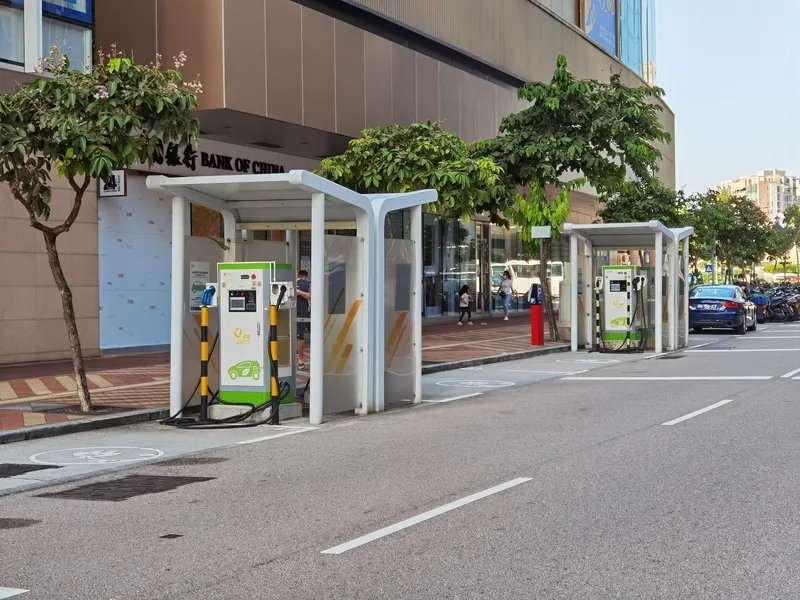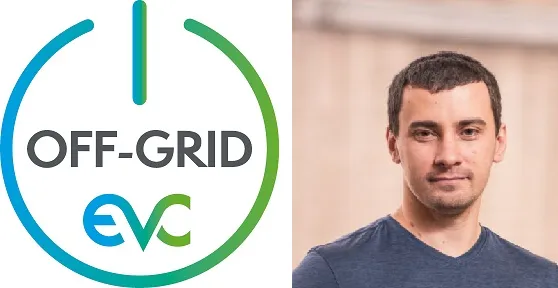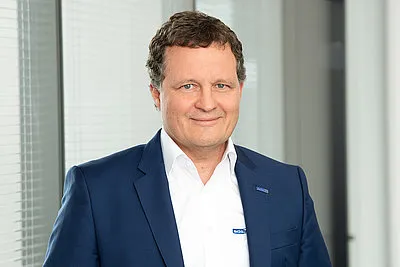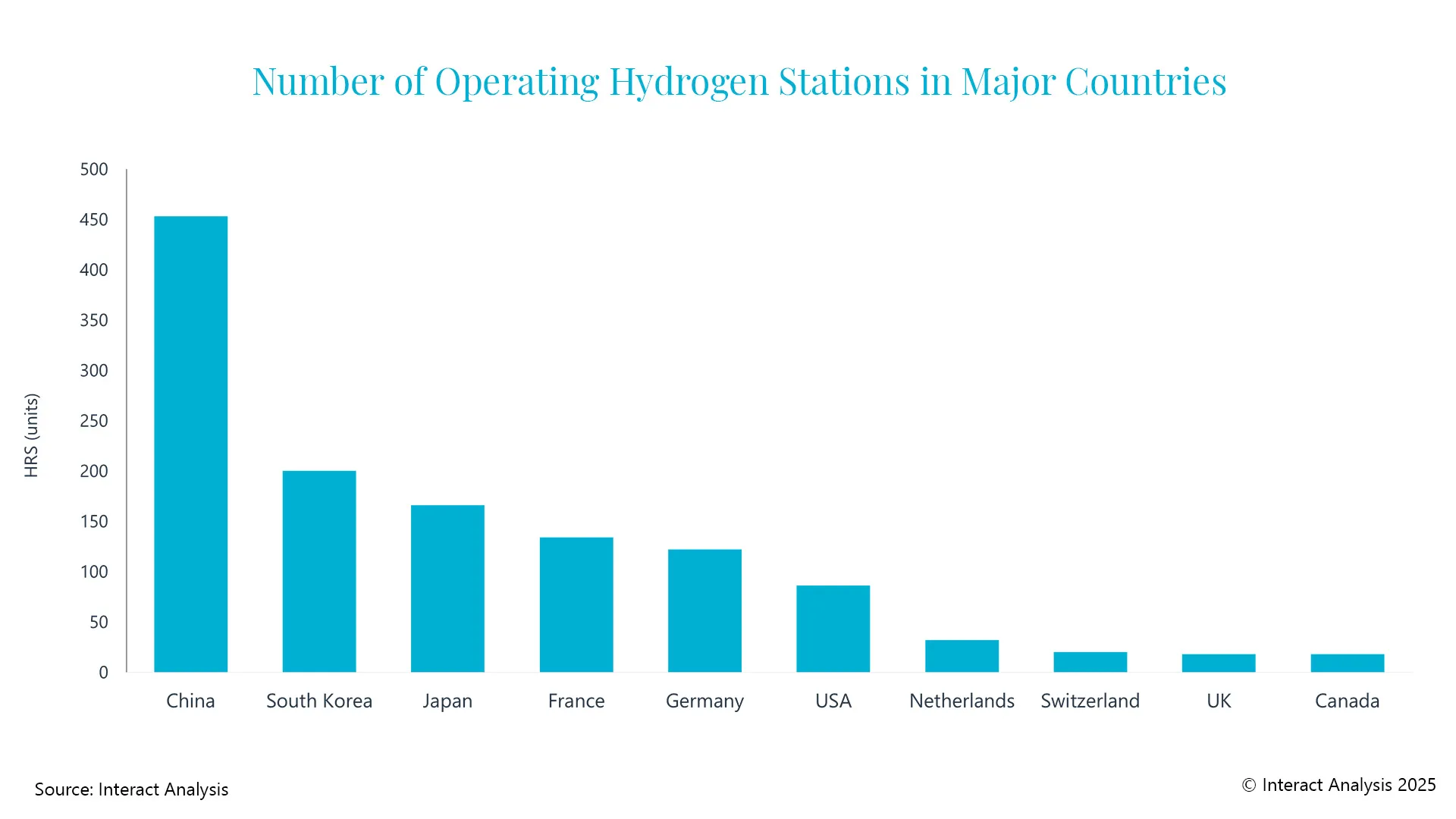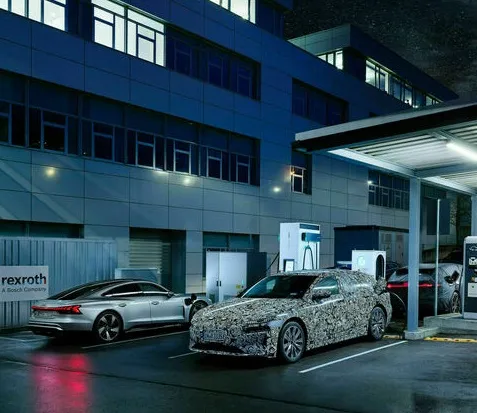
The manufacturer says that, whether with 110 or 230 volts or 50 or 60 hertz, electric cars can now be charged as if they were in China, the United States, or in numerous other countries around the globe.
It adds that the research will enable customers to benefit from the best charging experience, no matter where they are in the world.
Audi is one of the first automobile manufacturers to operate a flexibly adjustable grid simulator; the operation started at the beginning of the year in Ingolstadt. The simulator is the centerpiece of the Technical Development division’s electric-charging test center, which features charging stations from various manufacturers from several countries. The grid simulator makes it possible to operate charging stations from non-EU countries with the necessary voltage and grid configuration. This enables Audi to conduct field testing that replicates the conditions found in numerous sales regions worldwide. The power grid simulation installation was developed by Bosch Rexroth in collaboration with its partner company Schmidbaur.
Electricity may come out of the socket everywhere, but if we look at the various sockets, we are reminded that not all electricity is the same. That is because power grids can differ in their configuration, voltage, and frequency.
If a device is designed for a voltage of 120 volts and 60 hertz, as is common in North America, then it cannot be operated with the 230 volts and 50 hertz that are standard in Europe. “With the grid simulator, we can test whether our models can successfully charge with charging stations in the US or China, for example,” explains project manager Daniel Ettinger.
The flexible 500 kW simulator was developed by Bosch Rexroth in collaboration with Audi – specifically for Audi. The new system can deliver voltages between 100 and 540 volts and frequencies between 40 and 65 hertz. It supports single-phase, two-phase, and three-phase networks, as well as split-phase operation.
On their own factory premises, Audi engineers are using the electric-charging test center with its grid simulator to gain important insights into how electric cars and charging stations interact. They then apply their newly acquired knowledge to adapt vehicle software even better to the charging stations commonly used worldwide and to further improve the charging performance of the Audi models. The endeavor saves time and money, as it reduces the need for extensive testing abroad. At the same time, customers benefit from a charging experience that is individually designed for local conditions – so that charging is even faster and easier in all four corners of the globe.


